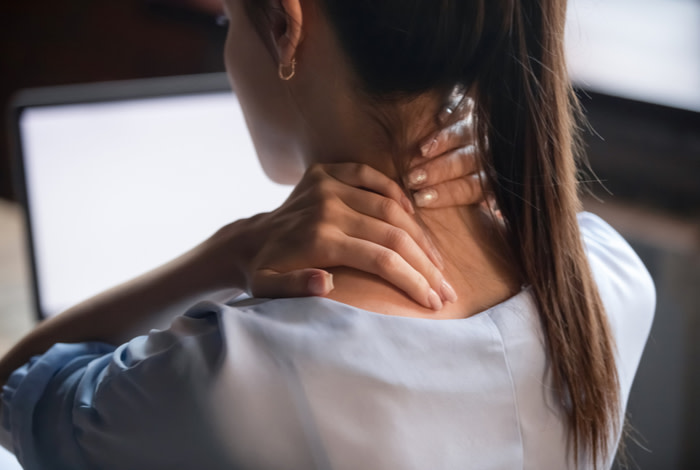
Muscular and joint pain, or body aches are a common symptom of many ailments and conditions. Pain can be caused by injury, strain, stress or by the body fighting off infection. When the body fights an infection like cold or flu, your immune system produces a number of chemicals that help fight the infection. One of these chemicals, prostaglandin, can cause aches and pains throughout the body as well as fever.
Diagnosing Muscular and Joint Pain
There are many possible causes of muscular and joint pain. If symptoms persist for more than a few days or are debilitating, you should see a doctor to discover the underlying cause of the pain.
Causes of Muscular and Joint Pain
A number of conditions can cause muscular and joint pain. Some of the more common causes include:
- Anemia - a lack of properly functioning red blood cells means that not enough oxygen gets to organs and tissue, leading to fatigue, aches, dizziness and more.
- Arthritis - an inflammation of the joints caused by the breakdown of cartilage (osteoarthritis), infection or some autoimmune disorders like rheumatoid arthritis, lupus and psoriasis.
- Autoimmune Conditions - Lupus and other autoimmune diseases cause the immune system to attack body tissues, causing inflammation, damage and aches/pain.
- Chronic Fatigue Syndrome (CFS)
- Dehydration
- Fibromyalgia - a condition in which your entire body feels exhausted and painful. No definite cause of fibromyalgia has been pinpointed but it can be triggered by stress, injury or infection.
- Fungal Infection (Histoplasmosis) - Histoplasmosis is a fungal infection caused by airborne spores or the droppings of birds or bats and can cause muscular and joint pain, chills, fever, chest pain, coughing and headaches.
- Injury
- Lyme Disease - a bacterial infection spread by tick bite. Muscular aches and pains are the most common symptoms. If left untreated Lyme Disease can lead to arthritis.
- Multiple Sclerosis (MS) - MS causes the breakdown of myelin, a tissue that surrounds and insulates nerve cells. As a result your nervous system can no longer properly transmit sensations properly, leading to aches, pain, tingling and other abnormalities.
- Pneumonia
- Sleep Disorders - adequate sleep is needed to keep both the mind and body healthy and refreshed. A lack of sleep (less than around 6 hours a night) can lead to fatigue, lethargy and achiness.
- Stress - in addition to causing tension in the muscles, stress can weaken the immune system and make it more difficult to fight off infections that can cause aches and pains.
- Viral Infection - Cold, Flu and COVID-19 can all cause muscular and joint pain.
- Vitamin Deficiency - a lack of vitamin D can lead to a condition called Hypocalcemia, in which the body can’t adequately absorb enough calcium, an element needed for proper organ function and bone density. A deficiency in iron, folate and B-12 may lead to anemia.
Muscular and Joint Pain Self Care
Depending on the cause of the pain, self care options vary.
- Over the counter pain medication can relieve symptoms
- Stretching, relaxation techniques and massage can all alleviate muscular pain
- Get adequate rest
- Eat a balanced diet or take vitamin supplements
- Stay hydrated
See a Doctor If:
If your aches and pains don’t subside after a few days you should see a doctor. You should immediately seek medical attention if you suffer one or more of the following additional symptoms:
- Coughing - a bad cough that won’t go away after a few days
- Difficulty breathing
- Difficulty eating or drinking
- Fainting
- Fatigue or exhaustion
- Seizures